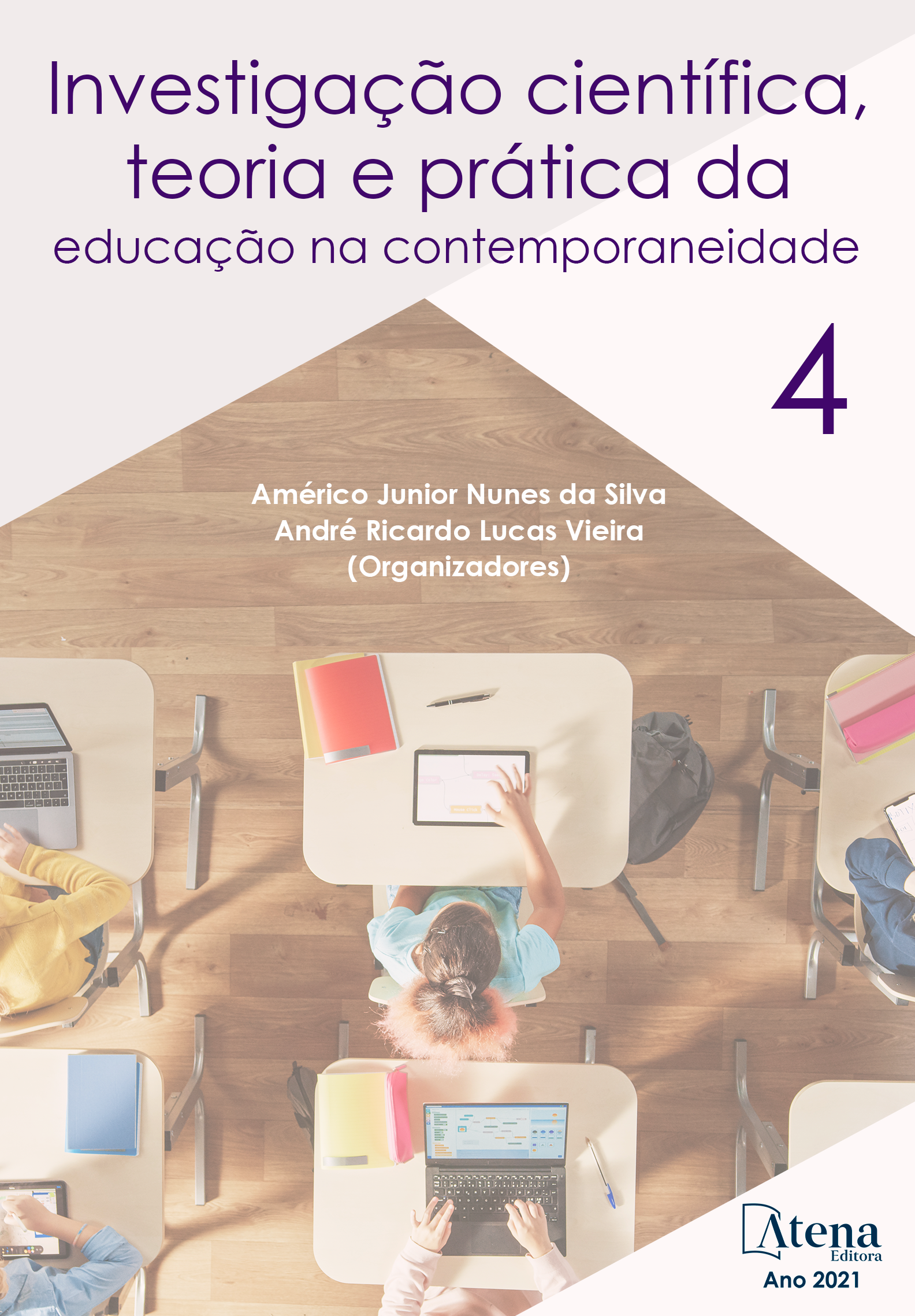
RESGATANDO O CONHECIMENTO POPULAR SOBRE PLANTAS MEDICINAIS: UM RELATO DE EXPERIÊNCIA NA EDUCAÇÃO DE JOVENS E ADULTOS
Não é incomum encontrarmos correntes de pensamento que elevam o conhecimento acadêmico em detrimento do conhecimento tradicional, principalmente entre indivíduos que não concluíram o ensino formal, como é o caso dos estudantes da EJA (Educação de Jovens e Adultos). Este pensamento encontra feedback positivo na metodologia puramente expositiva utilizada por muitos professores, muitas vezes por falta de prática docente, de maneira semelhante à metodologia engessada observada ao longo de sua formação. Ao mesmo tempo, muitos jovens e adultos anseiam por aulas totalmente expositivas por reconhecerem nessas técnicas a legitimidade do conhecimento acadêmico ao qual não tiveram acesso. Nessa perspectiva, e com o intuito principal de promover um autorreconhecimento dos saberes acumulados, muitas vezes, ao longo de uma vida inteira longe da escola, os estudantes do Projeto de Ensino Fundamental de Jovens e Adultos - 2º segmento (PROEF-2) do CP/EBAP/UFMG foram convidados a discutir e escrever sobre plantas medicinais e sua utilização, resultando neste relato de experiência. O corpo docente do Projeto, composto por professores ainda em formação, bolsistas da Pró-Reitoria de Extensão da UFMG, se empenha em participar da construção de saberes com a população não-escolarizada ao mesmo tempo em que adquire prática docente, sempre sob a supervisão, coordenação e orientação de professores da Universidade Federal de Minas Gerais.
RESGATANDO O CONHECIMENTO POPULAR SOBRE PLANTAS MEDICINAIS: UM RELATO DE EXPERIÊNCIA NA EDUCAÇÃO DE JOVENS E ADULTOS
-
DOI: 10.22533/at.ed.7552113127
-
Palavras-chave: EDUCAÇÃO DE JOVENS E ADULTOS; PLANTAS MEDICINAIS; METODOLOGIA ATIVA
-
Keywords: YOUTH AND ADULT EDUCATION; MEDICINAL PLANTS; ACTIVE METHODOLOGY
-
Abstract:
It is not uncommon to find currents of thought that elevate academic knowledge at the expense of traditional knowledge, especially among individuals who have not completed formal education, which is the case of EJA students in Brazil (Youth and Adult Education Program). This thought finds positive feedback in the purely expository methodology used by many teachers that, usually due to the lack of teaching practice, apply a similar and rigid methodology like the one observed throughout their own training. At the same time, many young people and adults yearn for fully expository classes because they recognize in these techniques the legitimacy of academic knowledge to which they have not had access. In this perspective, and with the main purpose of promoting a self-recognition of the knowledge accumulated, often over a lifetime away from school, the students of the Elementary Education Project for Youth and Adults - 2nd segment (PROEF-2) of CP/EBAP/UFMG (Federal University of Minas Gerais - Brazil) were invited to discuss and write about medicinal plants and their use, resulting in this experience report. The Project's teachers were at the time undergraduate students still in training, with scholarships provided by the UFMG Extension Dean, who strive to participate in the construction of knowledge with the non-schooled population while acquiring teaching practice themselves, always under supervision, coordination and guidance of professors from the Federal University of Minas Gerais.
-
Número de páginas: 14
- Katherine Sá Rodrigues
- Anderson Altair Pinheiro de Macedo
- Willian César de Castro Faria


